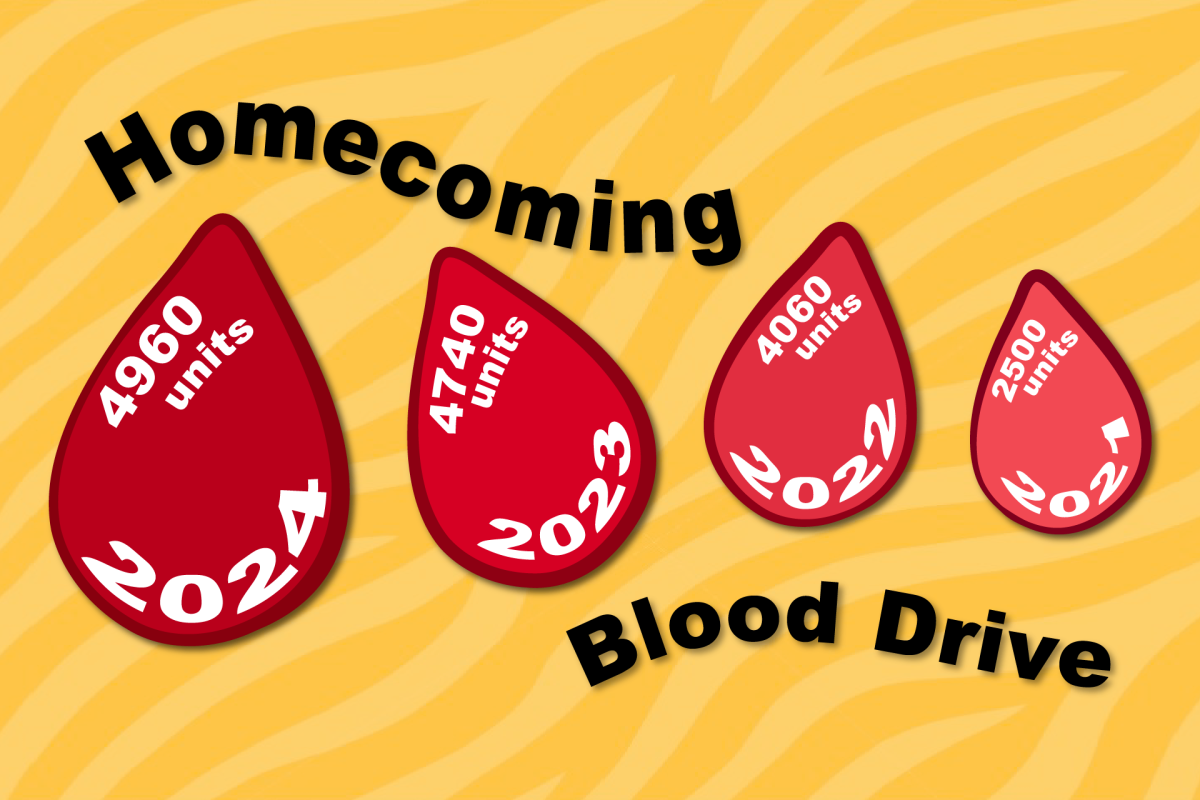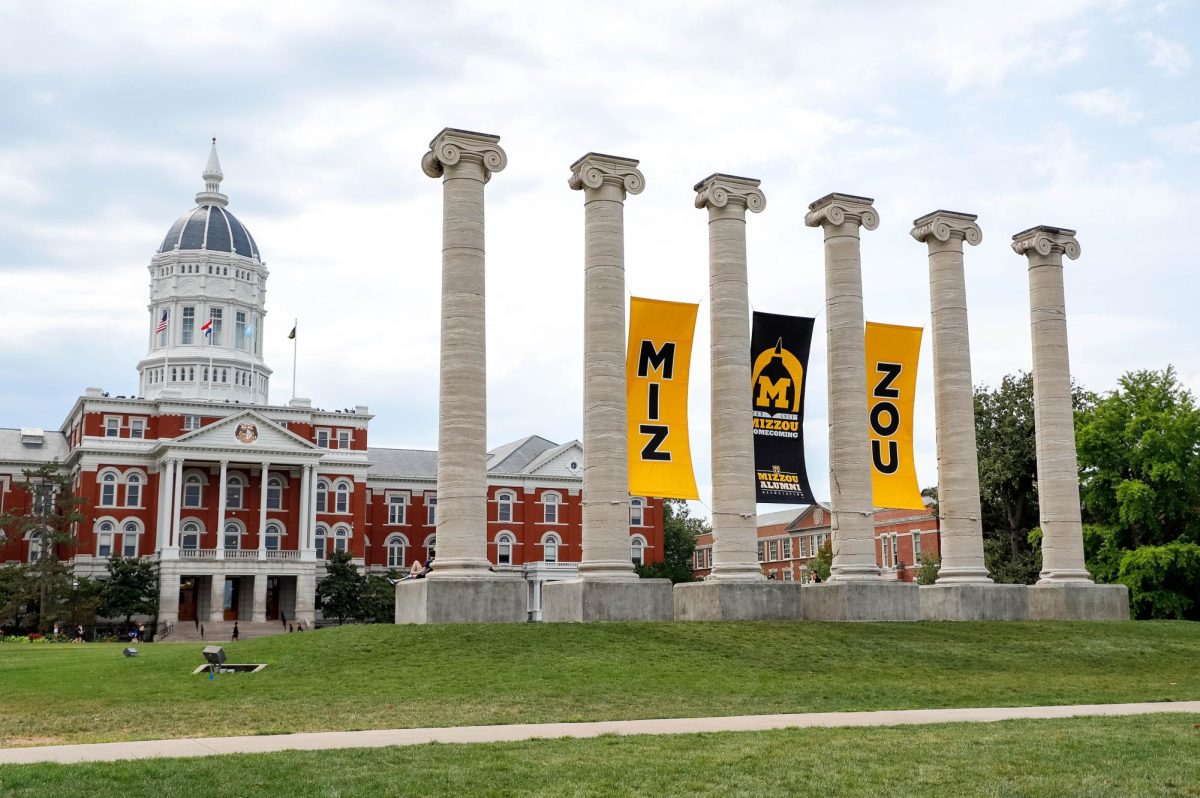In a stunning six-hour homage to his family and the place of his birth, Iraqi-French director Abbas Fahdel presents a critical message about the tangible consequences of unchecked American foreign policy in the Middle East that is worth all its 364 minutes.
Following his own extended family in the months before the 2003 American invasion of Iraq and the subsequent occupation, Fahdel creates an image of Iraq that many Americans may not have thought ever existed.
Just like in America, the children giggle at music videos on the computer, have to read Plato for homework and enjoy comic books and watching Tarzan in their spare time. However, alongside this normalcy, children and adults alike prepare for war. They build wells and pack bags full of dried bread and urge their relatives to start buying water bottles.
And in the midst of what some Americans might see as truly terrifying, many of the Iraqi people still find humor in the encroaching darkness. Some of Fahdel’s nieces and nephews laugh hysterically when given diapers in case of chemical weapons. In a disconcerting scene during the first part of the movie (before the invasion), Fahdel films a huge gang of children playing war in the streets with Styrofoam and rocks in a game that slams the audience with a horrible sense of irony.
After a thirty-minute intermission, we return to what several people in the film refer to as “the new Iraq.” Now, Americans sit atop tanks outside of national museums and in the streets. Huge traffic jams and no public transportation makes moving around difficult; car thieves and unchecked gangs, thieves and murderers force many Iraqis to stay in their homes after sunset.
However, it quickly becomes obvious that the American presence is a major cause of these new dangers. Iraqis have gone from being controlled by the oppressive and human rights-violating Saddam Hussein to something that teeters in and out of dangerous anarchy. Listening to Iraqis detail life under American occupation makes the Bush administration’s naming of the invasion Operation Iraqi Freedom feel even more bitterly hypocritical and ironic.
Fahdel’s compelling, three-dimensional picture of Iraqi people also comes alive through an astounding number of video portraits of citizens of all ages in neighborhoods and markets. His nephew Haidar also adds an indescribable element of soul to the film. At just 12 years old, his personality colors the everyday life of his family, whether he is complaining about his sisters not working hard enough or arguing with old men in the market about their opinion on Saddam. These sections of the film feel like a desperate cry for the audience to realize the humanity of Iraq and prove that this is not a movie about violence. Rather, it shows how ordinary people deal with the tragedies and consequences of war and ineffective governments.
Fahdel also explores one of the lesser obvious tragedies of war—the destruction of a culture. We follow Iraqi actor Sami Kaufman through burnt out theaters and explore the nearly destroyed national film and television archives after the war.
Hopefully the film will provoke Americans to actually think about why other countries may not like the United States, let alone want its help. At one point in the film, an Iraqi man asks why the American government “must stop progress here and bomb the whole world for Americans to feel safe,” and forces the audience to think critically about how the West handles global policing.
In this coming election year, Americans need to bear witness to the mess they’ve helped create and “Homeland: Iraq Year Zero” is an important step in encouraging some sort of accountability for effectively destabilizing an entire region using years of damaging foreign policy.
Humanity was born on the banks of the Tigris River that runs in the background of the film and it’s clear that despite terrifying conditions, humanity and love still flows in Iraq thanks to people like Fahdel’s family.
**MOVE gives “Homeland” 4.5 out of 5 stars**
_Edited by Katherine Rosso | [email protected]_







